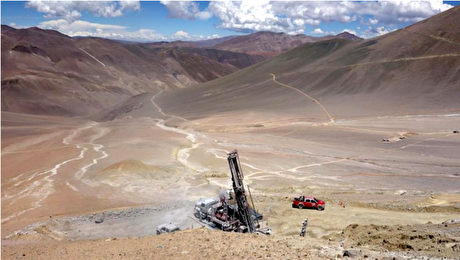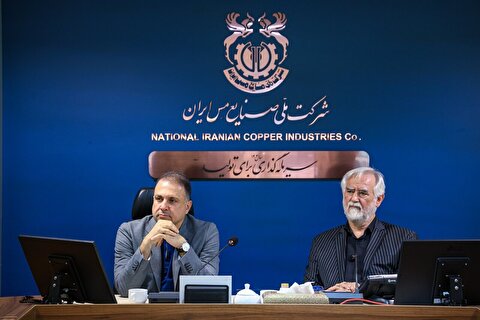
Russia, Saudi Arabia see geopolitical risk driving oil market, when supply and demand are balanced

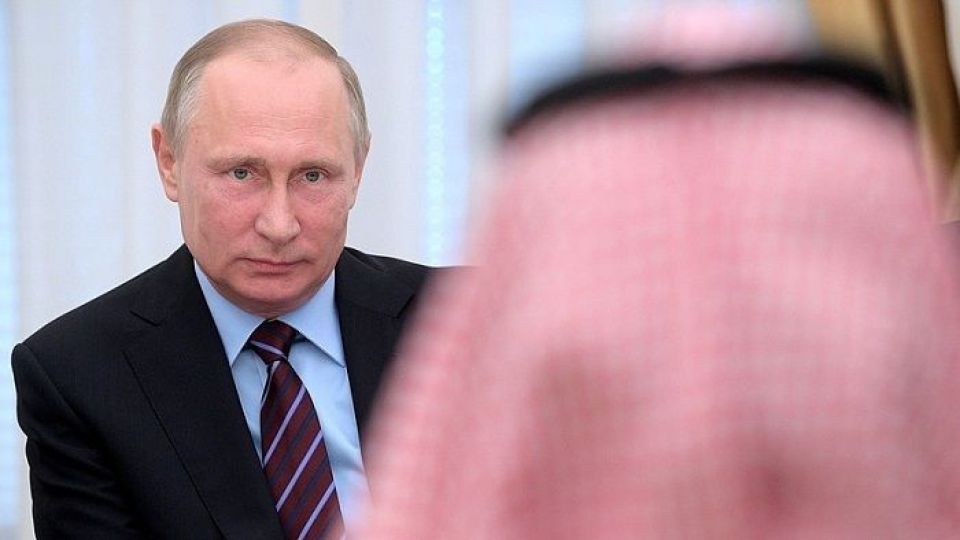
"Prices are continuing to rise and I think that proves the point that it is not the fundamentals of oil supply and demand that is behind this price increase," Saudi energy minister Khalid al-Falih said, during a key session of the forum Thursday.
"The market has a strong influence -- financial investors, speculators, sentiment, future expectations. The true elephant in the room is geopolitics. That has all combined to feed the market frenzy," he added.
Russian energy minister Alexander Novak echoed that geopolitical risks are having a disproportionate impact on prices, even though the OPEC-led group has achieved good results in balancing supply and demand and reducing excess stocks on the market.
"The price today, in my opinion, reflects very significant uncertainty and risks, and in this sense the market is not yet balanced," Novak said.
As the OPEC-led group faces ongoing pressure from the US to further increase production to cover potential supply shortages when Iranian sanctions come into force in November, Novak said that a lot depends on customer behavior, which is making it difficult to forecast how the market will develop.
"A lot will depend on the actions not only of the US and Iran, but also key customers of Iranian crude. European countries have already started cutting purchases. But we do not fully understand how Asian countries will respond. Will China continue to buy, maybe in greater quantities? In this case, will Iranian barrels just be redirected?" he said.
While much of the market focus is currently on risks related to the Iran sanctions, many other countries are seeing production declines, Falih added.
He described the market as "fixated on one supplier -- Iran", but listed Venezuela, Mexico, the North Sea, South Sudan, Libya and Canada as other areas that could further exacerbate declining global output.
Vagit Alekperov, CEO of leading Russian oil producer Lukoil, echoed the ministers' opinions.
"We have learnt how to manage geological, economic and logistical risks but company heads ... do not impact geopolitics [which] is a much greater risk for us than oil price fluctuations," he said.
Alekperov described the current price of over $80/b as "not objective," adding that sufficient volumes are being supplied to the market today to keep prices lower.
SPARE CAPACITY
Falih gave assurances that Russia and Saudi Arabia will continue to focus on making sure that supply is sufficient, and that today the market is "well supplied and some will argue even oversupplied." But concerns remain about spare capacity.
Falih said earlier in the day that the Kingdom?s spare capacity is 1.3 million b/d and described this as "sufficient," despite some in the market speculating that producers with spare capacity may struggle to fully compensate for Iranian barrels expected to leave the market in November, as well as other potential supply disruptions.
"I think the market should be comfortable about supply," Falih said, adding that Saudi Arabia will be ready to increase production once it sees customer demand for extra barrels.
Russia has also said that it can ramp up production in coming months.
Novak said Wednesday that Russia can boost its output by another 200,000 to 300,000 b/d "within several months." He added Thursday that in the longer term Russia could further increase output, but it will take some time. Russia set a record production level of 11.356 million b/d in September.
Meanwhile Alekperov called for other producers to share supply responsibility.
"I believe that countries like the US, and other oil producers must share the responsibility with Russia and Saudi Arabia to meet global demand in the near future... rather than moving it towards OPEC+ countries that have taken all the responsibility on their own," he said.
The two ministers also continued to talk up their cooperation, which until the sharp drop in prices had seemed unlikely due to the natural rivalry for markets among two of the world?s leading producers.
Falih said that the market "is big enough to absorb production" from both countries, playing down competition between the two for Asian market share. Falih acknowledged East Siberia's competitive advantage in the Pacific, but said, "Oil is very fungible, if one producer targets a certain market at the expense of another then that oil will go somewhere else." Talks on bilateral cooperation between Russia and Saudi Arabia have included cooperation on oilfield services, LNG and petrochemicals.

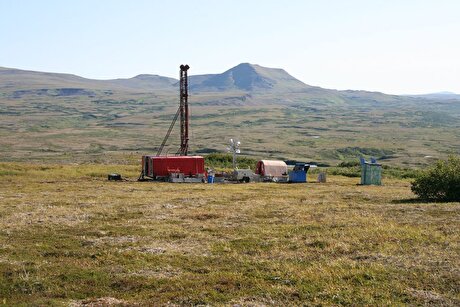
Northern Dynasty shares plunge 55% on insider selling

US set to impose 93.5% duty on China battery material
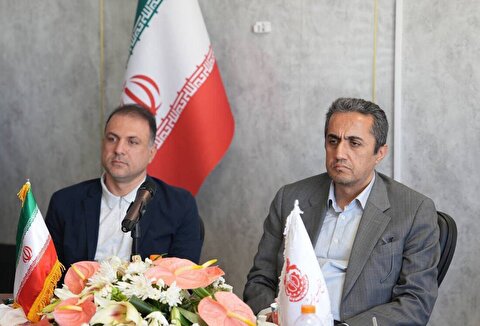
Iran’s Copper Production Continues without Interruption

BHP delays Jansen potash project as costs surge; logs record copper output
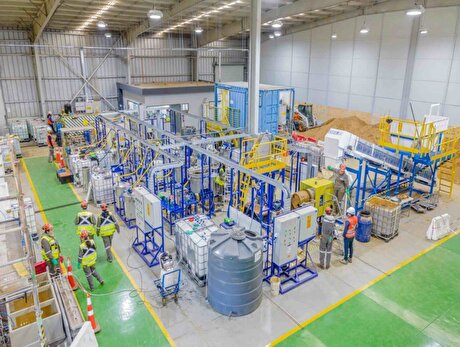
Aclara Resources, Stanford University partner on AI-powered rare earth research

Gold price to hit $3,600 this year and next: CIBC

Ultra-rare metal rides AI boom as commodities star performer
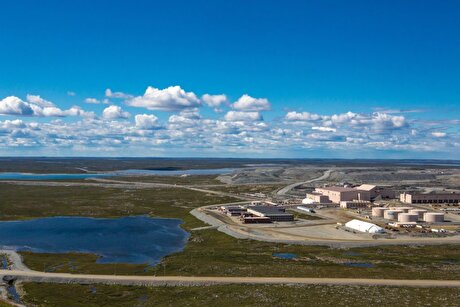
Burgundy halts Ekati pit mining, lays off hundreds
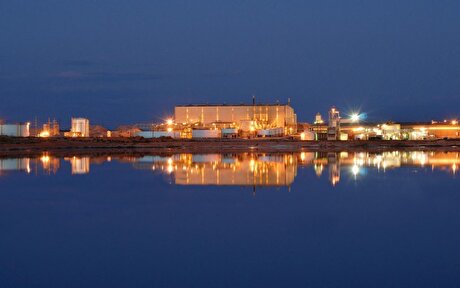
Energy Fuels shares surge to 52-week high as it begins heavy rare earth production

Gold price eases after Trump downplays clash with Fed chair Powell
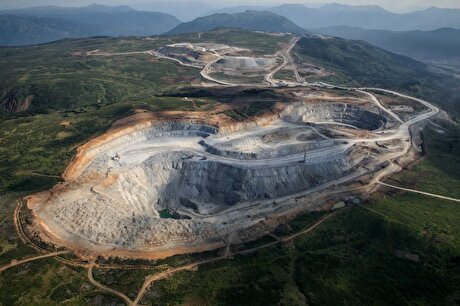
Three workers rescued after 60 hours trapped in Canada mine

Saskatchewan Research Council adds full-scale laser sorter to mining industry services
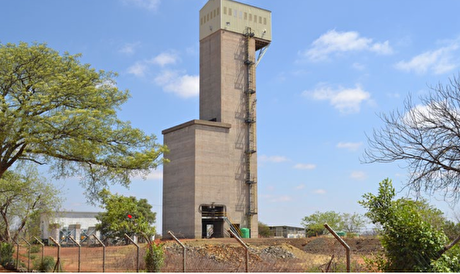
NexMetals receives EXIM letter for potential $150M loan

Lifezone Metals buys BHP’s stake in Kabanga, estimates $1.6B project value

KoBold signs Congo deal to boost US mineral supply
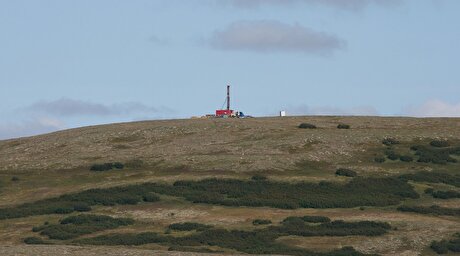
Northern Dynasty extends losses as it seeks court resolution on Pebble project veto
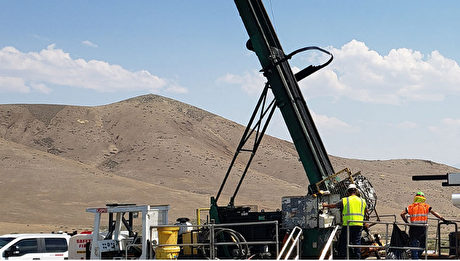
Spring Valley gold project in Nevada gets federal approval

Gold price to hit $3,600 this year and next: CIBC

China quietly issues 2025 rare earth quotas

Gold price eases after Trump downplays clash with Fed chair Powell

Three workers rescued after 60 hours trapped in Canada mine

NexMetals receives EXIM letter for potential $150M loan

Lifezone Metals buys BHP’s stake in Kabanga, estimates $1.6B project value

KoBold signs Congo deal to boost US mineral supply

Northern Dynasty extends losses as it seeks court resolution on Pebble project veto

China quietly issues 2025 rare earth quotas

BHP delays Jansen potash mine, blows budget by 30%

AVZ slams Congo-KoBold deal over disputed lithium project
